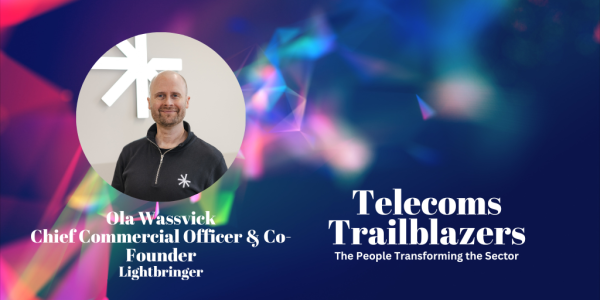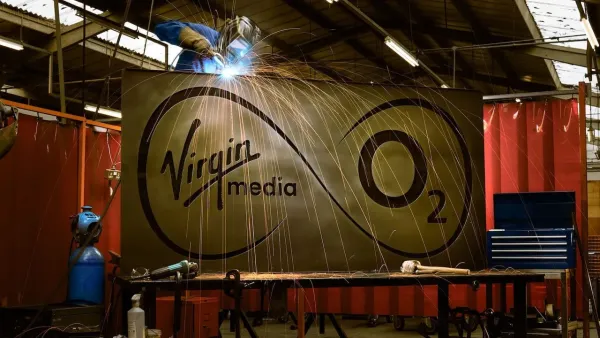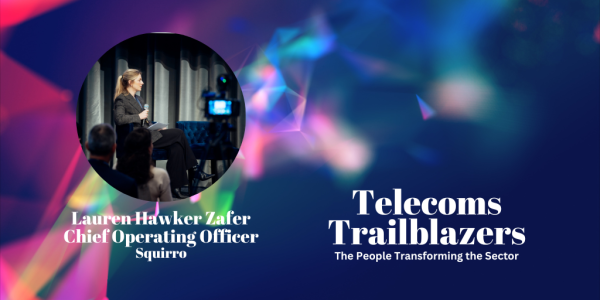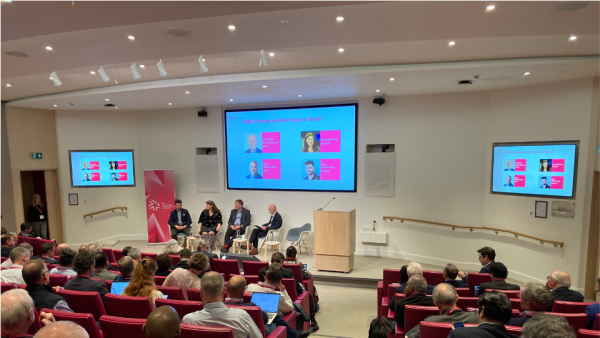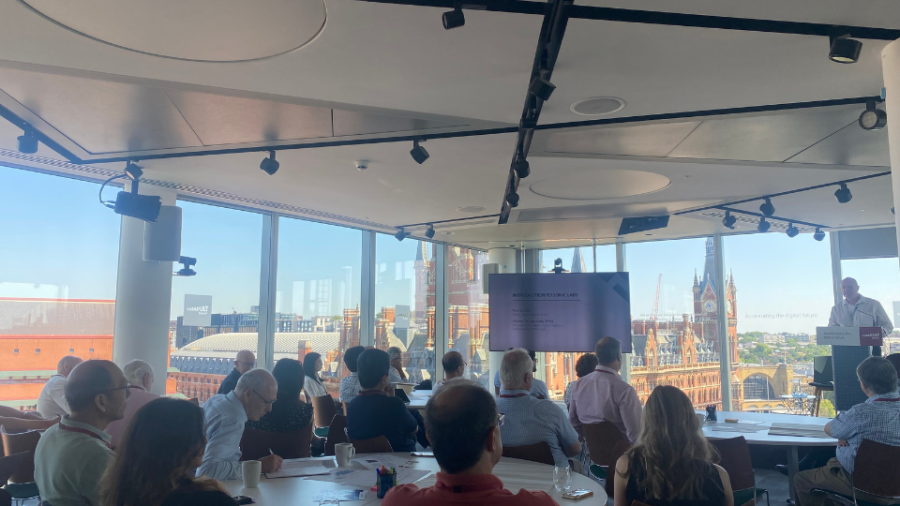
Following on from the JOINER (Joint Open Infrastructure for Networks Research) Industry Launch event in Bristol, UKTIN hosted a follow-up workshop at Digital Catapult in London on the 11th of July which offered a deep dive into not just JOINER but also SONIC Labs, an Open Networks Programme led by Digital Catapult in partnership with Ofcom. Digital Catapult helps businesses grow through the practical application of deep tech.
The event introduced potential users to the state-of-the-art facilities developed by the JOINER and SONIC Labs programmes, outlining the capabilities users can leverage to support product development, and mapping the types of potential users, the industries they sell to, and unique user requirements. The complementary and connected facilities are unique to the UK and offer significant value to a broad range of sectors that rely on future networks, as well as a broad range of different technologies and applications.
Utilising the expertise of attendees, the workshop also explored engagement needs and brainstormed innovation models, presenting an opportunity to input and shape the way the facilities will evolve in the future.
Dr. Dritan Kaleshi, Director of 5G Technology and Digital Infrastructure at Digital Catapult, opened the day, which he referred to as a “tremendous pleasure”. He said, “JOINER and SONIC Labs are the telecoms industry’s biggest achievements in the last 25 years, at least in the research space. Facilitated by UKTIN, the platforms support the scale-up of companies and strategic, national infrastructure. We want the UK’s research to expand its geographical scale and testing capability.”
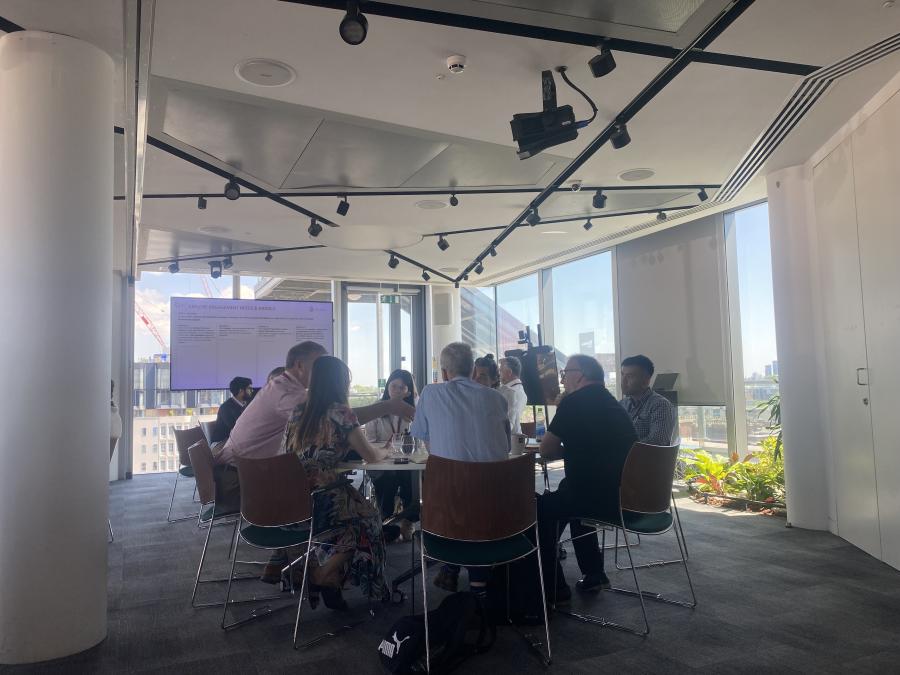
Celebrating JOINER
Professor Dimitra Simeonidou, Director of the Smart Internet Lab, University of Bristol and JOINER hub director, described JOINER as a national-scale experimentation platform extending beyond UK borders. She explained that the facility supports future networks research at scale. “This is not a dream. This is something we have delivered already,” she said, noting that there are 14 labs in the UK and Ireland offering connectivity, cloud, RIC & mobile packet cores, monitoring, management, orchestration, spectrum measurement, O RAN, and NTN emulation platforms.
Simeonidou continued: “We are helping SMEs and want to connect the regions to the infrastructure and adopt an innovation strategy. The platform is collaborative by design, and I see JOINER as a science experiment to address problems. We are here to support UK innovation. There is nothing better than JOINER.”
- A federated testbed: sharing of experimental resources, introducing new technologies, services and applications resulting from R&D programmes
- A platform to accelerate: translation and TRL advancement of early-stage research and provide credible experimental evidence towards the introduction of new IP and products into the UK supply chain
- A large-scale host: research and pre-commercial collaboration across the academia, industry and Government
- A national champion: demonstrates UK capabilities on future network concepts supporting the UK’s ambitions in standards and international collaborations with similar experimental initiatives/platforms
- A host of technology: Trials and adoption pilots (for example, the Connected Futures Festival, March 25)
- Notable features and functions include network infrastructure, hybrid cloud, redefined catalogues, monitoring and analytics, advanced research facilities and its national spectrum facility
Platforming SONIC Labs
Paul Sludden, Director of SONIC Labs, described the labs as a programme between Digital Catapult and Ofcom to accelerate the introduction of open network products, starting with Open RAN. The key objective is to enable and encourage innovative vendors to participate in the UK telecoms ecosystem and facilitate a more rapid path towards deployment in the UK, he explained.
- Provides a commercially neutral collaborative environment for testing interoperability and integration
- Carries out a programme of engagement with the telecoms ecosystem with innovative vendors and products, and potential adopters
- Examines and shares the reality of Open RAN and subsequent open, disaggregated and software-centric network products and solutions
- Recently became the UK’s first Open Testing & Integration Centre (OTIC) - with its new status, Digital Catapult is accredited to issue O-RAN certificates for conformance testing and badges for interoperability and end-to-end testing for Open RAN products and solutions.
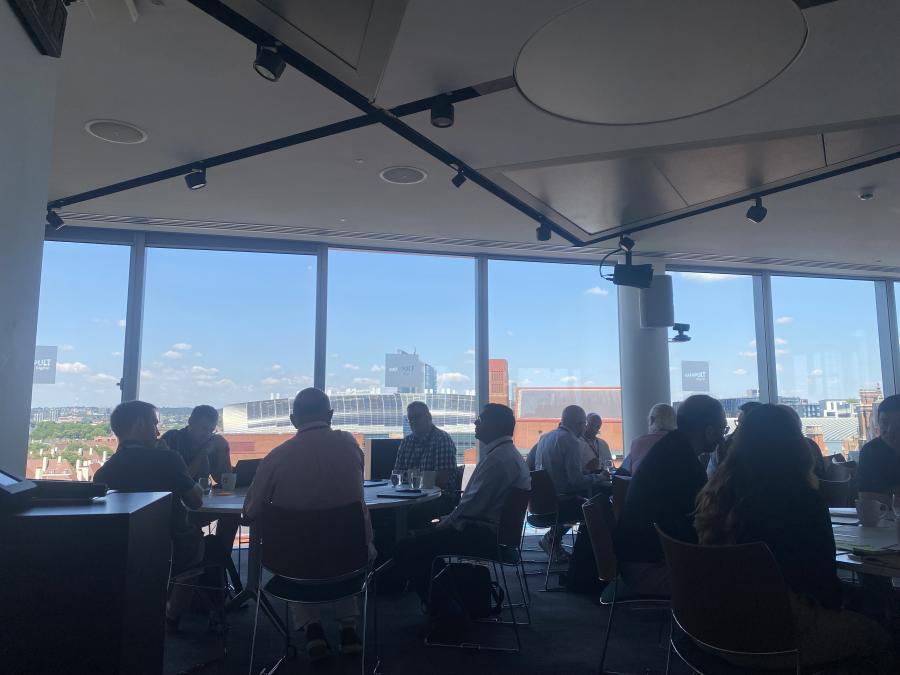
Ambitions for the future
“We want to develop high-end NTN research, experiment and facilitate large-scale systems, and we are prepared to put in the effort required,” Professor Ning Wang of the University of Bristol said.
He discussed the technical challenges in building the NTN testing platform and highlighted that the key purpose of JOINER is to facilitate large-scale and realistic emulation experiments on NTN systems in future network systems. The platform, he explained, supports research activities from a wide range of perspectives, including new NTN waveform and beamforming design; radio spectrum sharing solutions; space edge computing and applications; security and energy efficiency solutions; and many more.
Wang concluded by detailing JOINER’s plan to launch the UK’s first open research lab on future networks in space: integrated with existing infrastructure, the facility will be open to all relevant UK vertical sectors for trials of real-life applications and services.
Sludden likewise discussed the evolution of SONIC Labs, and said he was “really looking forward” to what’s next. He said, “We already have a stack of capabilities, including an outdoor testing environment and a full representative network, and we are just about to enter cohort six, featuring lots of vendors and some exciting testing. Looking forward, we want to invest in the test labs' evolution, identify and address emerging technologies while enhancing the programme and supporting the industry on the right pathway.”
Kostas Kotsaros, Head of Technology - Future Networks & 5G, Digital Catapult, closed the session by thanking participants, who then had the opportunity to visit the SONIC Labs facilities firsthand – providing valuable insight into the capabilities being developed within the programme.
Looking ahead, Digital Catapult, in collaboration with UKTIN, will be hosting a follow-up workshop in early October to test and validate the key insights and proposed engagement models. This session will involve potential users and is intended to ensure that the models reflect the needs of industry – both large and small – as well as academics engaged in developing new products. If you are interested in participating in the workshop, please register your interest by emailing [email protected].
Learn more about JOINER and SONIC Labs via the UKTIN website. Subscribe to Digital Catapult’s newsletter here and follow JOINER on LinkedIn here.


